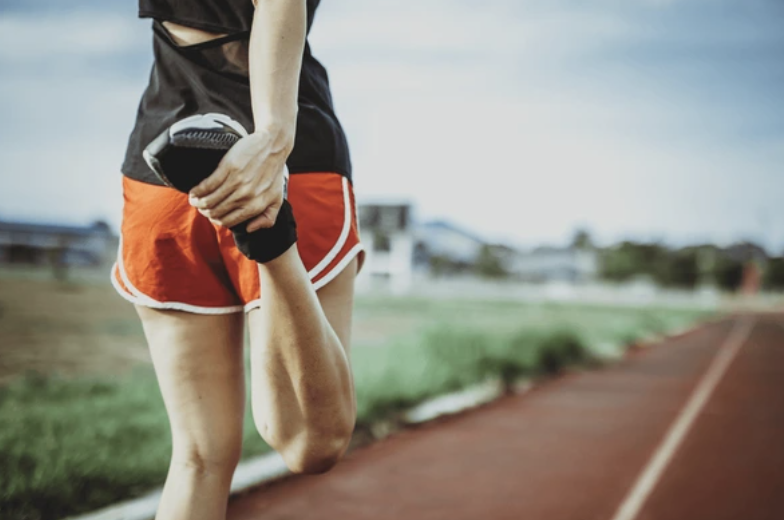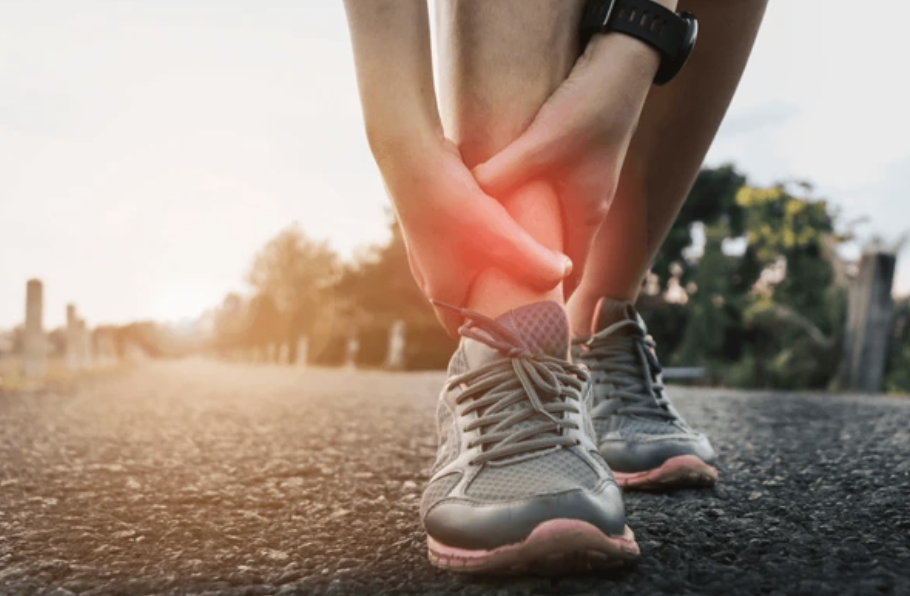Whether you’re a beginner or seasoned runner, you’ve probably heard people talking about their “pace.” But what exactly is pace, and why is it so important in running?
Pace refers to how long it takes you to run a specific distance. It’s typically measured as minutes per mile (min/mile) or minutes per kilometer (min/km). Keeping track of your pace helps you understand your running performance and adjust your effort level during a race or training session.
Why Does Pace Matter?
Pace isn’t just a number; it’s a guide that helps you run smarter, not harder. If you’re training for a race, knowing your pace helps you manage energy. Running too fast at the start can lead to burnout, while running too slow means you won’t meet your target. By tracking and improving your pace, you can achieve better results, reduce injuries, and enjoy running more.

How to Calculate Your Pace
To calculate your running pace, all you need is two numbers: the total time you ran and the distance you covered.
Pace formula:
Time (in minutes) ÷ Distance (in miles or kilometers)
For example, if you run 5 kilometers in 30 minutes, your pace is 6 minutes per kilometer. Easy, right?
If you’re still confused, don’t worry! Let’s break it down with examples.
Example: Pace per Kilometer
Let’s say you want to know your pace in kilometers. Here are a few examples:
- Slow pace: If you run 1 kilometer in 7 minutes, your pace is 7:00 min/km.
- Moderate pace: Run 1 kilometer in 5 minutes, and you have a 5:00 min/km pace.
- Fast pace: 1 kilometer in 4 minutes gives you a pace of 4:00 min/km.
Many runners aim for around 5:00 to 6:00 min/km for long-distance races like half marathons or marathons.
Example: Pace per Mile
Now, let’s switch to miles, which is common in countries like the United States:
- Slow pace: Running 1 mile in 12 minutes is a 12:00 min/mile pace.
- Moderate pace: Running a mile in 9 minutes gives you a 9:00 min/mile pace.
- Fast pace: 1 mile in 7 minutes equals a 7:00 min/mile pace.
In general, a pace of 8:00 to 10:00 min/mile is good for most recreational runners.
How to Improve Your Running Pace
Improving your pace is all about consistency. Here are some simple tips:
- Interval Training – Run at a faster pace for short intervals, then slow down to recover. This builds speed and endurance.
- Long Runs – Increase your long-run distance every week. As your endurance improves, you’ll naturally get faster over time.
- Strength Training – Strengthening your legs, core, and glutes will improve your running efficiency and help you maintain a faster pace.
For more details on running techniques, check out our guide to the walk/run method or the beginner’s guide to stretching.
Pace Tools: Track Your Progress
You don’t have to guess your pace every time you run. There are plenty of tools and apps to help you track it accurately:
- GPS Watches: Devices like Garmin or Apple Watch will track your pace in real-time.
- Running Apps: Apps like Strava or Nike Run Club automatically calculate your pace after every run.
Using these tools lets you monitor your progress and make adjustments in real-time.
Our Suggestions
Want to dive deeper into running techniques? Check out these helpful resources:
- Runners World Pace Calculator – A simple tool to calculate your pace based on distance and time.
- Strava Running App – Track your running stats and compare your pace with others.
Conclusion: Pace is Your Secret Weapon
Understanding and improving your pace is key to becoming a stronger, more efficient runner. Whether you’re running for fun, fitness, or competition, tracking your pace helps you stay on track and meet your goals. So grab your running shoes, set your pace, and enjoy the journey!


